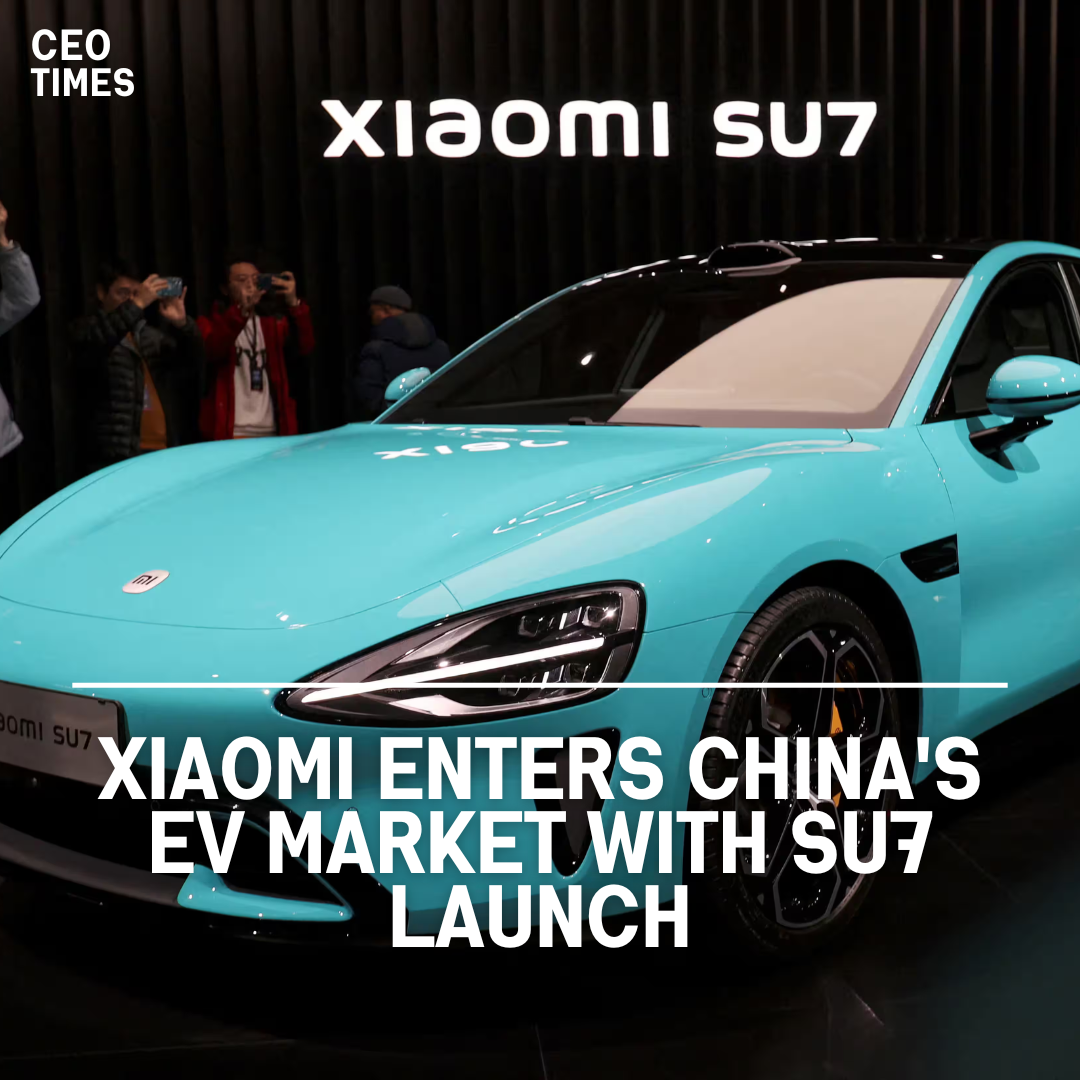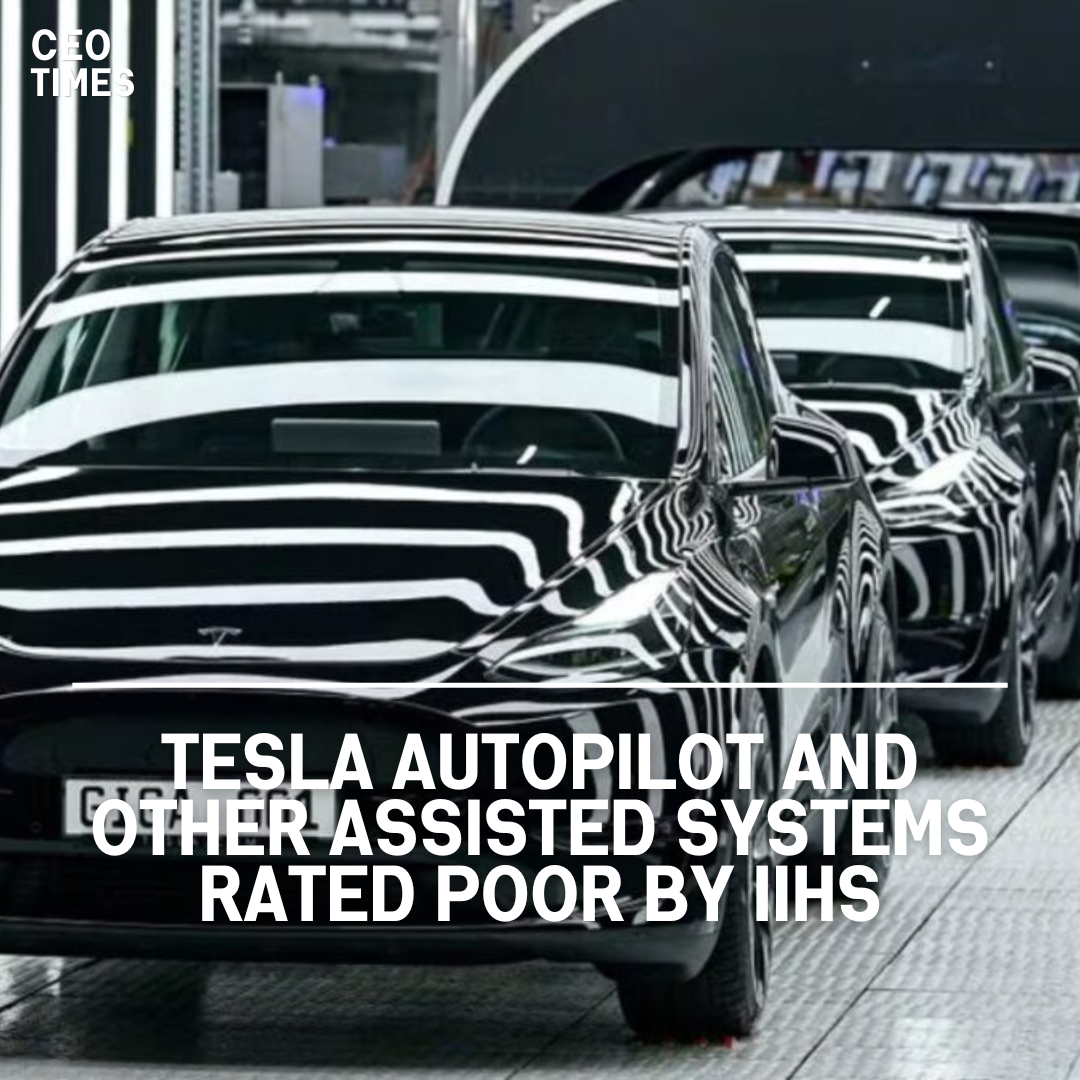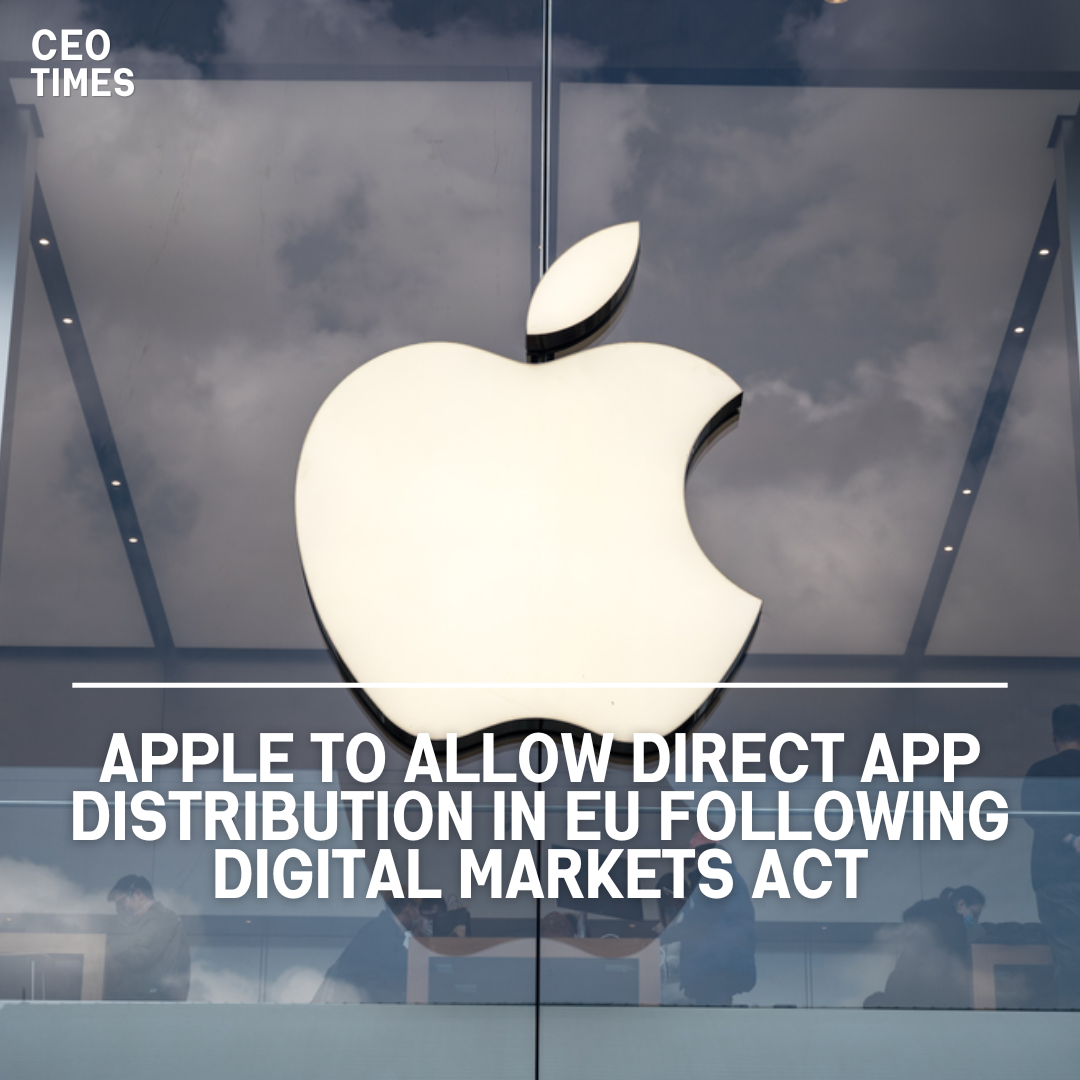Xiaomi, China’s fifth-largest smartphone maker, announced its entry into the electric vehicle (EV) market with the launch of its first EV model, the SU7.
This move comes amid a fiercely competitive landscape in the world’s largest auto market, with Xiaomi seeking to capitalize on the growing demand for EVs.
Launch Details and Market Presence:
Xiaomi revealed that deliveries of the SU7 will commence this month, with 59 stores across 29 cities nationwide accepting orders.
A launch event is scheduled for March 28, where the pricing details of the new EV will be disclosed. The announcement led to a 7% rally in Xiaomi’s shares during morning trade.
Growth in China’s EV Market and Price Competition:
China has witnessed an 18% increase in EV sales during January-February, indicating robust growth compared to the 21% seen throughout 2023.
However, the market has experienced intensified price competition, with leading companies like BYD resorting to deeper price cuts to stimulate demand amidst weakening domestic consumer interest.
At the unveiling of the SU7 sedan in December, Xiaomi’s Chief Executive Lei Jun expressed ambitions for the company to become one of the world’s top five automakers.
Lei emphasized the vehicle’s “super electric motor” technology, boasting acceleration speeds faster than those of Tesla and Porsche EVs.
Appeal to Existing Customers and Diversification Strategy:
Analysts believe integrating Xiaomi’s popular phones and electronic devices with the SU7’s operating system will resonate with the company’s existing customer base.
Xiaomi’s foray into EVs signifies a strategic diversification beyond its core smartphone business, a plan initially announced in 2021 in response to stagnating smartphone demand.
Production and Investment Commitment:
Xiaomi‘s EVs will be manufactured by a state-owned automaker BAIC Group subsidiary, with production taking place in a Beijing factory boasting an annual capacity of 200,000 vehicles.
The company has promised a $10 billion investment in the automotive sector over a decade, positioning itself as one of the few new entrants in China’s EV market to receive approval from regulatory authorities amidst concerns over supply glut.




















